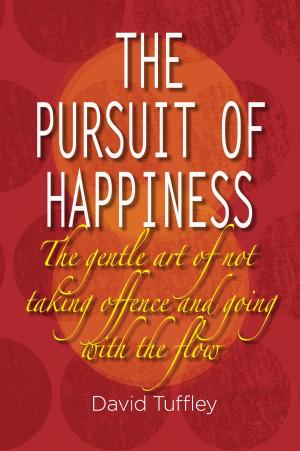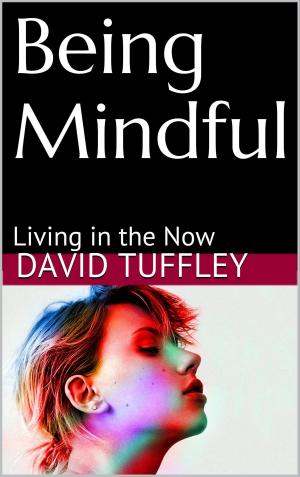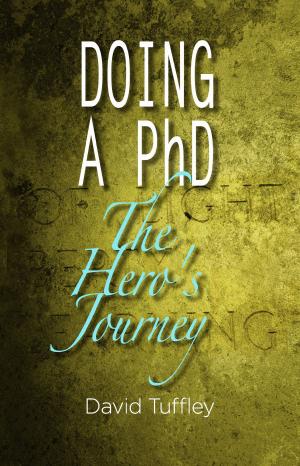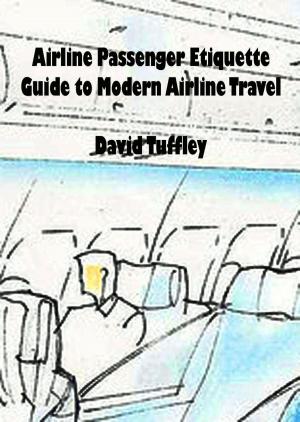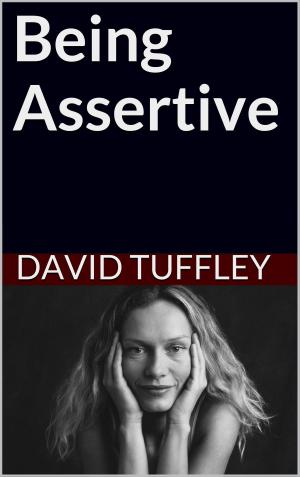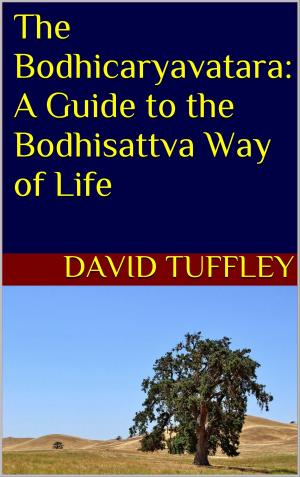| Author: | David Tuffley | ISBN: | 9781458072634 |
| Publisher: | Altiora Publications | Publication: | April 9, 2011 |
| Imprint: | Smashwords Edition | Language: | English |
| Author: | David Tuffley |
| ISBN: | 9781458072634 |
| Publisher: | Altiora Publications |
| Publication: | April 9, 2011 |
| Imprint: | Smashwords Edition |
| Language: | English |
True happiness, lasting happiness can be achieved through a process known as Self-Actualisation, or Self-Realisation. This is a natural state and within the reach of all human beings. It comes from having satisfied all of one’s human needs.
This is the kind of happiness that cannot be obtained through the acquisition of things. The fleeting gratification in receiving goods or services is not true happiness. That is an illusion created by our global consumer society. I am not suggesting that you should avoid having nice things, just that they are not a source of true happiness.
Truly happy people are Self-Actualised (SA) people, so called because they are a much fuller expression of their unique human potential than non SA people. The state has been given many labels, enlightened or awakened being two of them. In Zen, it is described Satori.
While you cannot order happiness on demand, you can create the right conditions in yourself for Self-Actualisation to occur. This eBook describes what these conditions are, and how you might go about creating them. The rest is up to you.
The humanistic psychologist Abraham Maslow is well-known for his ideas on a hierarchy of human needs. Basic needs must be satisfied before higher order needs are felt. The hierarchy is represented as a pyramid, with the basic needs at the pyramids broad base, and with self-actualisation at the apex. A Self-Actualised person has found a way to satisfy all of his or her lower needs and has cultivated the conscious awareness of their highest self. They allow this awareness to express itself more fully in their lives.
The achievement of Self-Actualisation is recognised by Maslow as a human need, so in a sense it is everyone’s birthright to be happy.
The need for Self-Actualisation asserts itself once we have satisfied the lowest-order needs for food, shelter, sex, then middle-order needs for safety and security, then the higher middle-order needs for love and belonging. Above these is the higher-order need for self-esteem. The highest need of all, sitting like the capstone of a pyramid is the need for Self-Actualisation.
The annals of various religions tell us that a person can achieve enlightenment with only some or none of the higher and middle order needs being met, and with only the barest of lower-order needs like food and shelter being satisfied. This is more difficult, requiring you to become an ascetic recluse and engage in mortification of the flesh in order to free yourself of these normal human needs. This eBook is not recommending this course of action. Our body is not an impediment to happiness. Quite the opposite, it is a great ally. We owe it to ourselves to take the best care of our body that we can by eating well, getting enough exercise and rest, and avoiding toxic and/or addictive substances.
Self-Actualised (SA) people, whoever they are and whatever the circumstances of their lives, tend to approach life in the ways described in this eBook.
True happiness, lasting happiness can be achieved through a process known as Self-Actualisation, or Self-Realisation. This is a natural state and within the reach of all human beings. It comes from having satisfied all of one’s human needs.
This is the kind of happiness that cannot be obtained through the acquisition of things. The fleeting gratification in receiving goods or services is not true happiness. That is an illusion created by our global consumer society. I am not suggesting that you should avoid having nice things, just that they are not a source of true happiness.
Truly happy people are Self-Actualised (SA) people, so called because they are a much fuller expression of their unique human potential than non SA people. The state has been given many labels, enlightened or awakened being two of them. In Zen, it is described Satori.
While you cannot order happiness on demand, you can create the right conditions in yourself for Self-Actualisation to occur. This eBook describes what these conditions are, and how you might go about creating them. The rest is up to you.
The humanistic psychologist Abraham Maslow is well-known for his ideas on a hierarchy of human needs. Basic needs must be satisfied before higher order needs are felt. The hierarchy is represented as a pyramid, with the basic needs at the pyramids broad base, and with self-actualisation at the apex. A Self-Actualised person has found a way to satisfy all of his or her lower needs and has cultivated the conscious awareness of their highest self. They allow this awareness to express itself more fully in their lives.
The achievement of Self-Actualisation is recognised by Maslow as a human need, so in a sense it is everyone’s birthright to be happy.
The need for Self-Actualisation asserts itself once we have satisfied the lowest-order needs for food, shelter, sex, then middle-order needs for safety and security, then the higher middle-order needs for love and belonging. Above these is the higher-order need for self-esteem. The highest need of all, sitting like the capstone of a pyramid is the need for Self-Actualisation.
The annals of various religions tell us that a person can achieve enlightenment with only some or none of the higher and middle order needs being met, and with only the barest of lower-order needs like food and shelter being satisfied. This is more difficult, requiring you to become an ascetic recluse and engage in mortification of the flesh in order to free yourself of these normal human needs. This eBook is not recommending this course of action. Our body is not an impediment to happiness. Quite the opposite, it is a great ally. We owe it to ourselves to take the best care of our body that we can by eating well, getting enough exercise and rest, and avoiding toxic and/or addictive substances.
Self-Actualised (SA) people, whoever they are and whatever the circumstances of their lives, tend to approach life in the ways described in this eBook.



